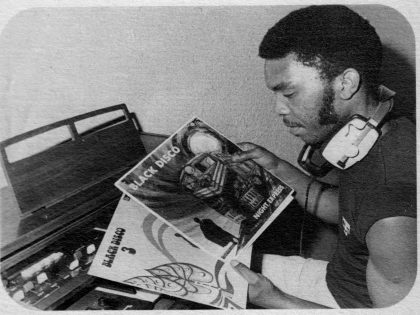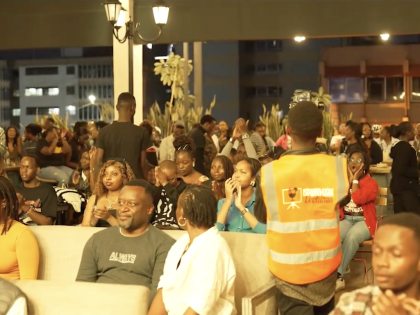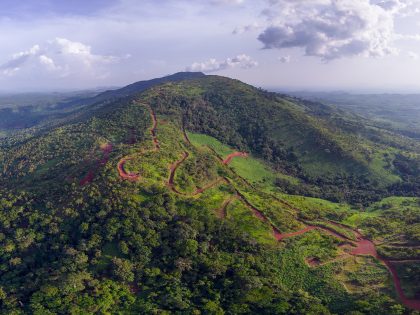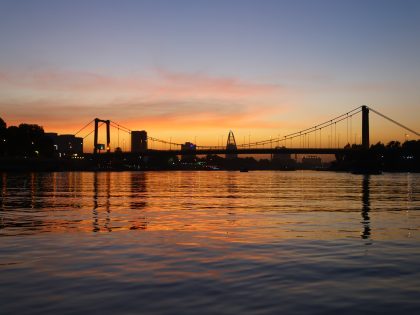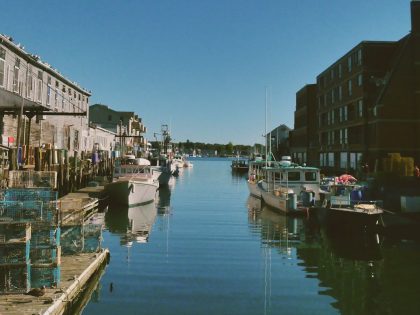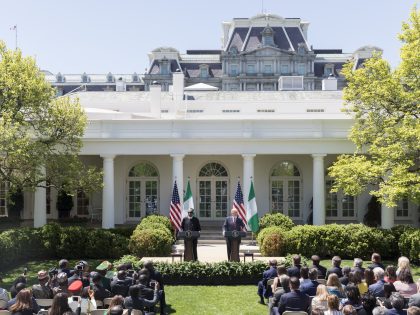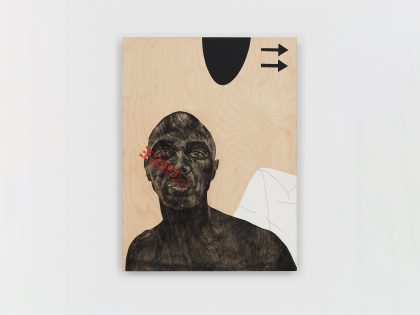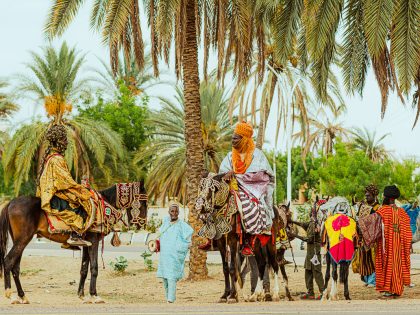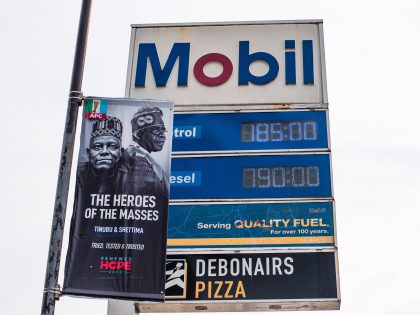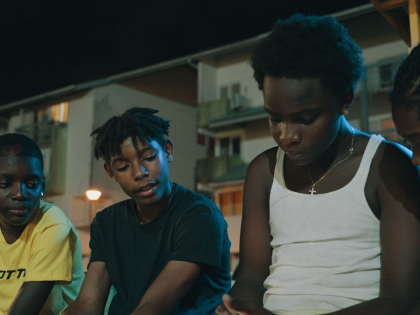The Reincarnation of Rockland Palace
A part of Harlem's ballroom scene gets a makeover and a much needed funding injection and international exposure.

At first sight, “The Reincarnation of Rockland Palace” looks impressive. It is billed as “a night of dance, style and a re-occupation of queer history, at the grounds of an old event hall in Harlem.” It also accompanied by a documentary film project being made in collaboration with a Swedish-born visual artist, Marcus Ohlsson. So why hasn’t its Kickstarter campaign not blow up? Is it because the project is crap, or did it fail because it was competing with the Black and Latino youth-led LGBTQ “Kiki” ballroom scene?
It turns out the two projects – Palace and Kiki – work together.
So, I’m grateful that Palace organizers Sara Jordenö, Twiggy Pucci Garçon and some Kiki scene members took time to talk to me about their project, because we were absolutely missing the forest for the (Kickstarter) trees. Brooklyn’s 3rd Ward just donated one of their photo studios for a photo shoot with members of the Kiki scene. The Huffington Post and The New Yorker have also given them very positive shoutouts since the end of the Kickstarter campaign.
What is making this reincarnation project so compelling? To start with, there is the direction of the insider/outsider collaboration. Twiggy Pucci Garçon is a powerhouse NYC-based house/ballroom runway performer, community health specialist and organizer at Faces NY, Inc. and the founder of the Kiki scene’s largest international house, the Opulent Haus of PUCCI. He says he pitched the collaboration to visual artist Sara Jordenö because she understood the importance of the Kiki scene — for the artistic development of its members and as a “pro-social movement” that supports younger members’ efforts to access health care, define community values, and develop strong leaders. (Antonio Rivera, Jai Evans, and Chi Chi Mizrahi at Faces NY, Inc. have been crucial for the development of this relationship.)
This collaboration has been directed internally, and moved forward through consensus. Twiggy and Sara emphasize that they’ve been careful to anchor and seek feedback at the Kiki Parents Council. And that’s important because Rockland Palace is not being rebuilt as a safe haven for members (though these spaces are emphatically maintained and available; The Hetrick-Martin Institute, Heat Program and The Door are a few of the organizations that support the scene).
It is a call to publicly recognize the strength of the Kiki community and actively transform shared space into something that is more secure and joyous.
Hanging around their photo shoot last week, I was struck by the way Kiki scene members were working with and through the perspective of fashion photographer Marcus Ohlsson and cinematographer Lucas Millard to document each other’s performances, critique, and encourage each other to be visible as they want to be. Someone would be called up, do their thing for the camera, see how it looked on-screen, then maybe do it again. These were studies.
When I finally did ask why their first fundraiser videos didn’t go viral, organizers and performers each had their own answers. Organizers proudly claim their grassroots work. They’re not some established cultural organization, and it takes time to become visible. Five thousand plus views on Youtube isn’t too shabby.
But Kiki choreographer Mathew Pasterisa put it this way — “you can’t get the energy just watching it on Youtube.” Frankly, that makes us very excited to get to the ball on July 15th, and then see what Twiggy and Sara can do with the documentary. For now, we’re going to the revamped Indiegogo site to support their work here.





